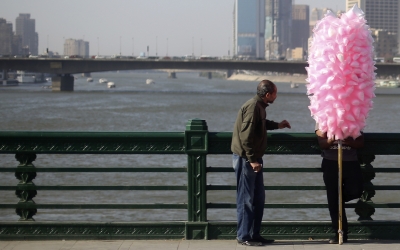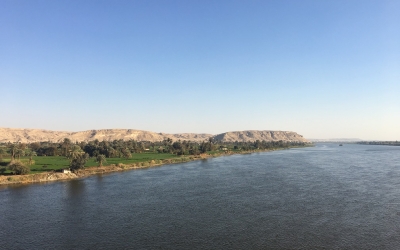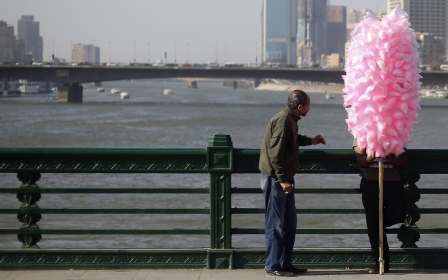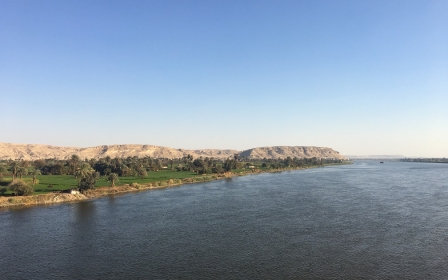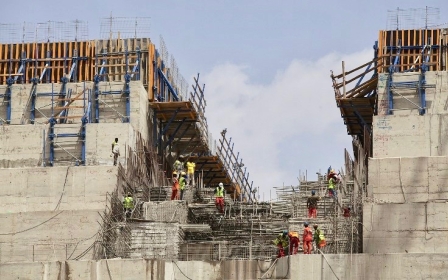Egypt says 'deadlock' reached in Nile dam talks with Ethiopia, Sudan
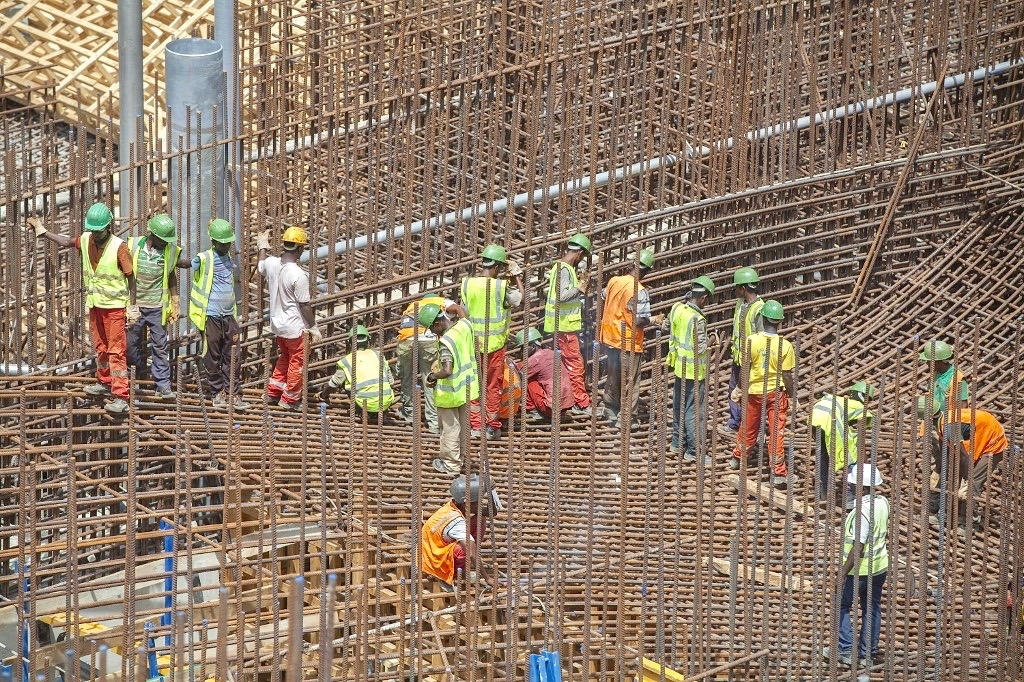
Egypt said on Saturday that talks with Sudan and Ethiopia over the operation of a $4bn hydropower dam that Ethiopia is building on the Nile have reached a deadlock, and it called for international mediation.
The Grand Ethiopian Renaissance Dam (GERD), announced in 2011, is designed to be the centrepiece of the Horn of Africa country's bid to become the continent's biggest power exporter, generating more than 6,000 megawatts, Reuters reported.
Still, the project has become controversial with Egypt insisting the giant dam would severely reduce its water supplies, AFP said. Analysts fear that the three Nile basin countries may be drawn into a conflict if the dispute is not resolved before the dam begins operating.
"The negotiations on the Renaissance dam have reached a deadlock," Egypt's irrigation ministry said in a statement after a new round of talks ended in the Sudanese capital.
It claimed the Ethiopian delegation "rejected all the proposals that take Egypt's water interests into account" and presented one that "lacked guarantees" on how to deal with droughts that may occur in the future.
Egypt relies on the Nile for 90 percent of its fresh water, and it wants the GERD's reservoir to release a higher volume of water than Ethiopia is willing to guarantee, among other disagreements.
Egypt says it has "historic rights" to the river guaranteed by treaties from 1929 and 1959.
For years, Egypt has viewed the Nile as its own; at one stage its politicians talked of bombing the dam in order to preserve what they viewed as their historical right to the river's waters, MEE has reported.
Egypt sees the project as an existential threat, fearing that Ethiopia's rapid construction of the dam might lead to water and food scarcities for millions of Egyptians.
"Egypt has called for involving an international party in the Renaissance Dam negotiations to mediate between the three countries and help... reaching a fair and balanced agreement," it said after the talks.
Egypt did not say who should mediate, but the presidency called on the United States to play "an active role in this regard".
Ethiopia's minister at the talks, Seleshi Bekele, rejected the Egyptian request for a mediator.
"Why do we need new partners? Do you want to talk for an indefinite time?" he said to reporters.
Ethiopia also dismissed Cairo's assessment of the latest talks
"The allegation that talks ended in a deadlock is completely false," Bekele said.
"Some progress has been made… there are some pending issues, but we believe that these pending issues can be solved before completing the construction of the dam."
The river, which runs through 10 countries, is Africa's longest and a crucial artery for water supplies and electricity for all the countries.
The Blue Nile takes its source in Ethiopia and converges with the White Nile in Khartoum to form the Nile, which runs through Egypt to the Mediterranean Sea.
Middle East Eye delivers independent and unrivalled coverage and analysis of the Middle East, North Africa and beyond. To learn more about republishing this content and the associated fees, please fill out this form. More about MEE can be found here.


